A candid and vivid portrayal of life at the margins and its everyday struggles.
Imaan entered Central Jail as an infant—in the arms of Zahura Bibi, his mother, who was charged with the murder of his father and who died when he was six. He left twenty years later, having spent his time thus far shuttling between a juvenile home and prison. With no home to return to, Imaan ends up at the Jadavpur railway station, becoming a ragpicker on the advice of a consummate pickpocket. The folk of the railside—rickshaw-pullers, scrap dealers, tea-stall owners, those who sell corpses for a little bit of money—welcome him into their fold, but the world of the free still baffles him. Life on the platform is disillusioning, and far more frightening than the jail he knew so well. This free world too is a prison, like the one he came from, only disconcertingly large. But no one went hungry in jail. And everyone had a roof over their heads. Unable to cope in this odd world, Imaan wishes to return to the security of a prison cell. He is told that, while there is only one door out of prison, there are a thousand through which to return. Imaan—whose name means honesty, conscience—is he up to the task? Written in Manoranjan Byapari’s inimitable style, where irony and wry humour are never too far from bitter truths, this new novel is a searing exploration of the lives of the faceless millions who get by in our towns and cities, making it through one day at a time.
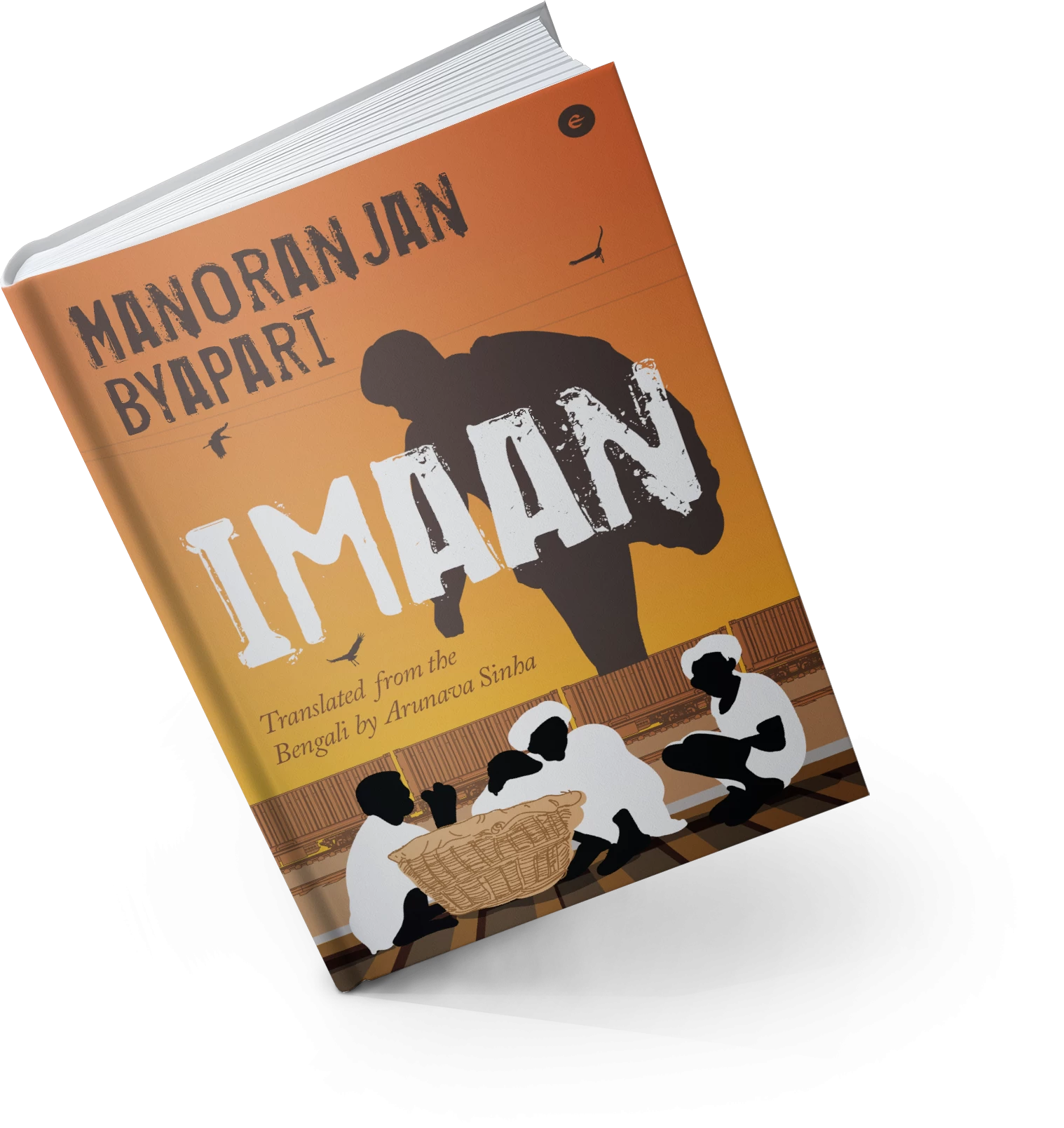
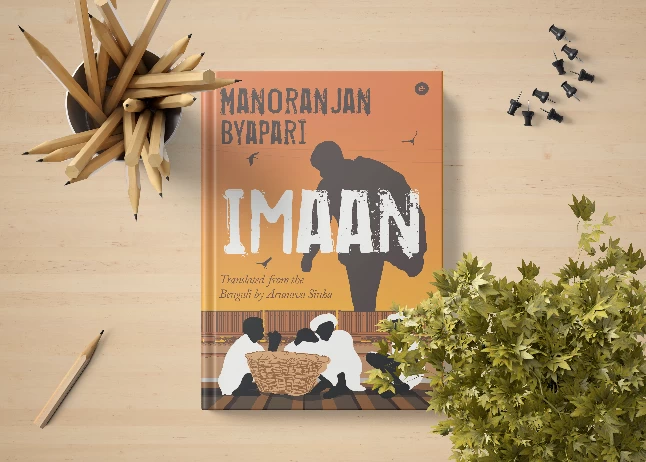
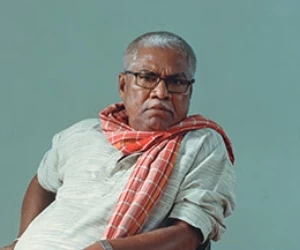
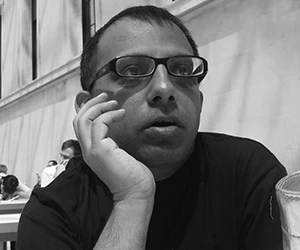
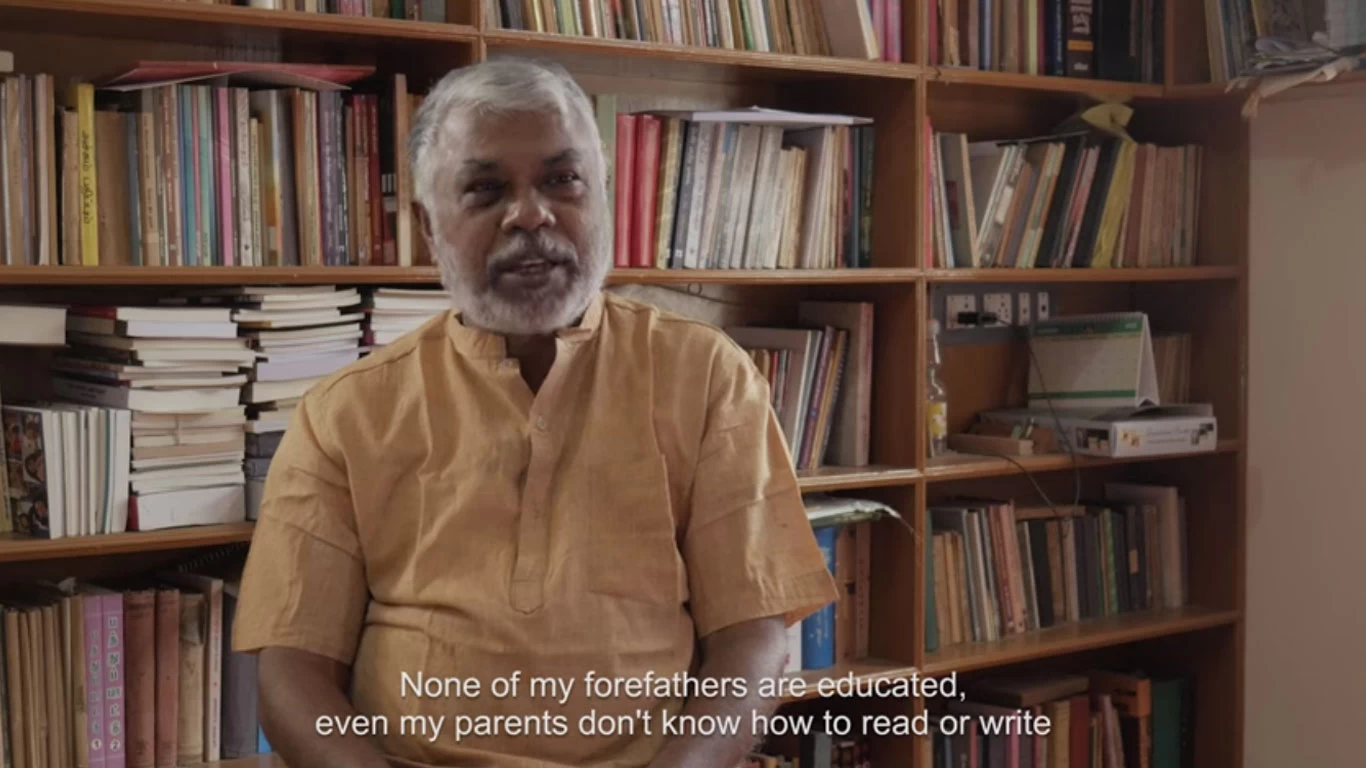
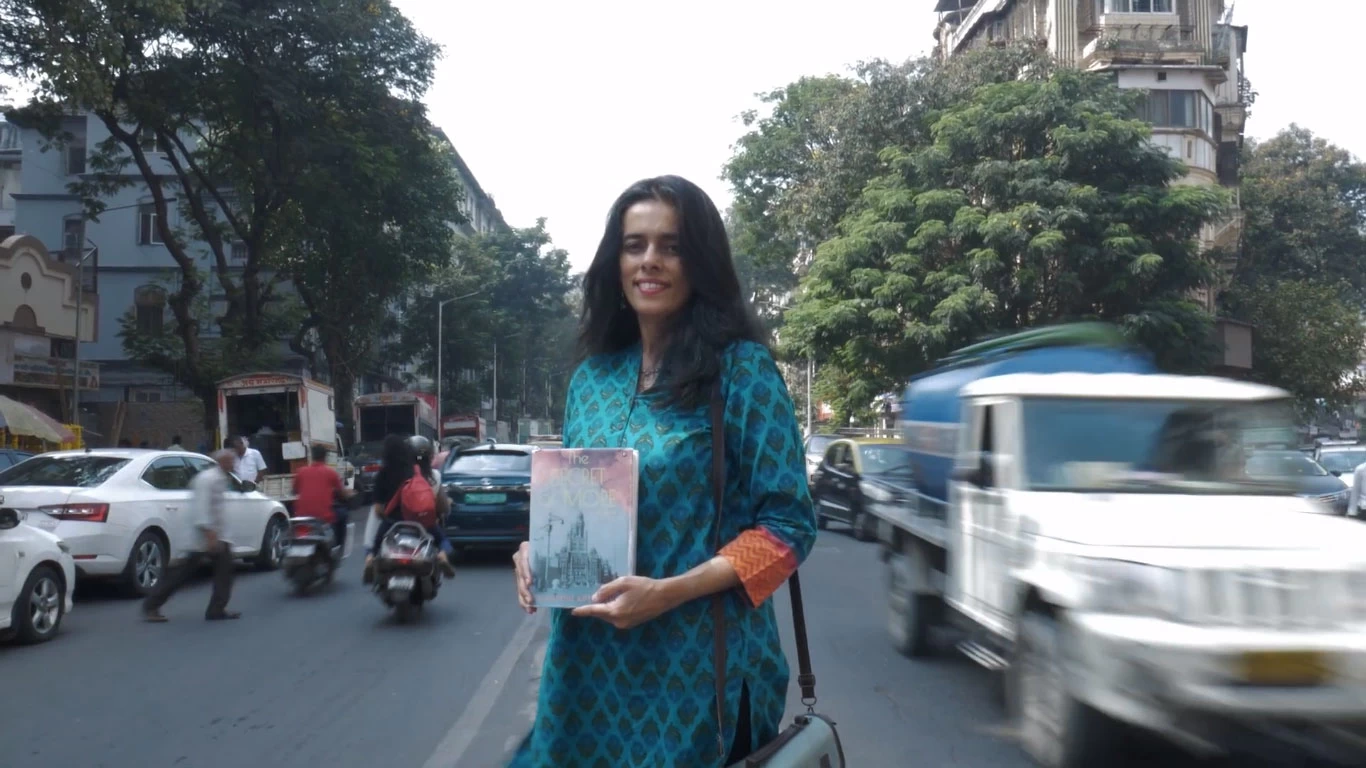

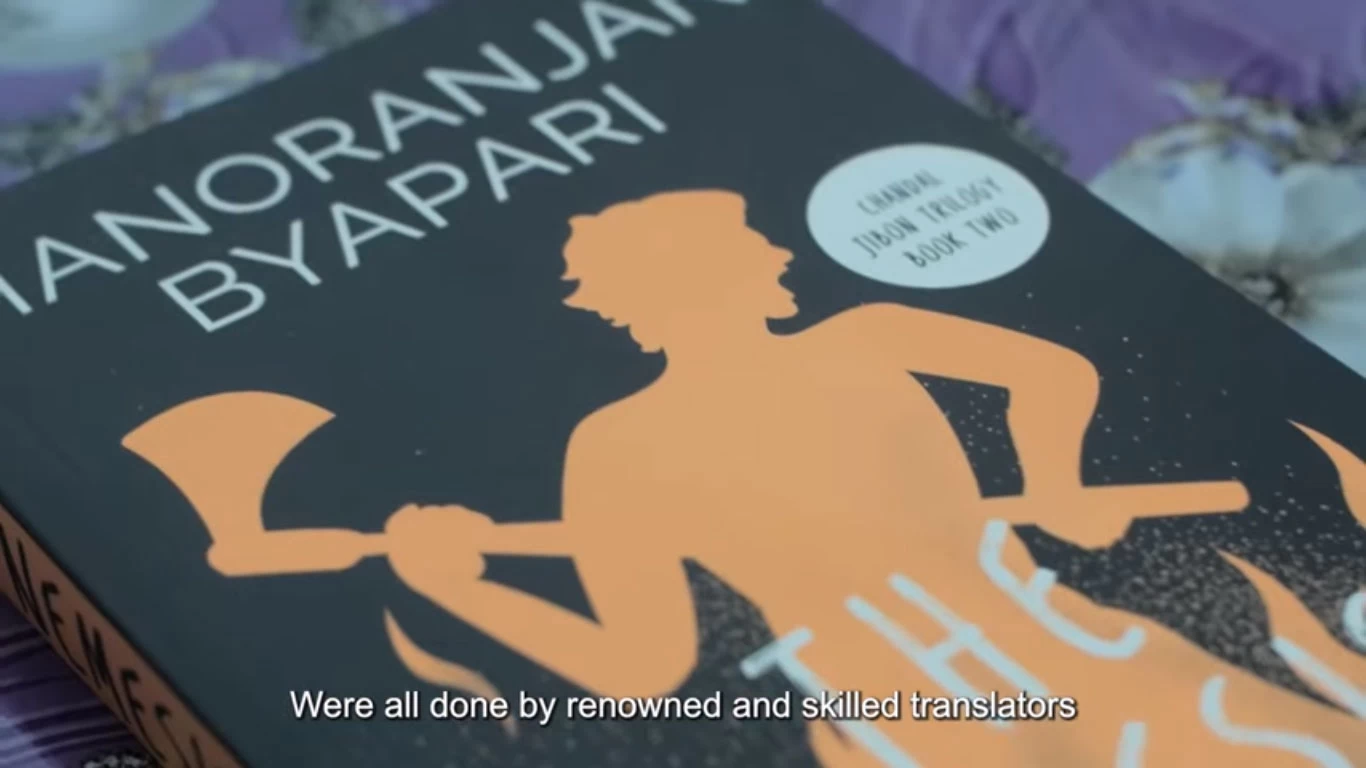
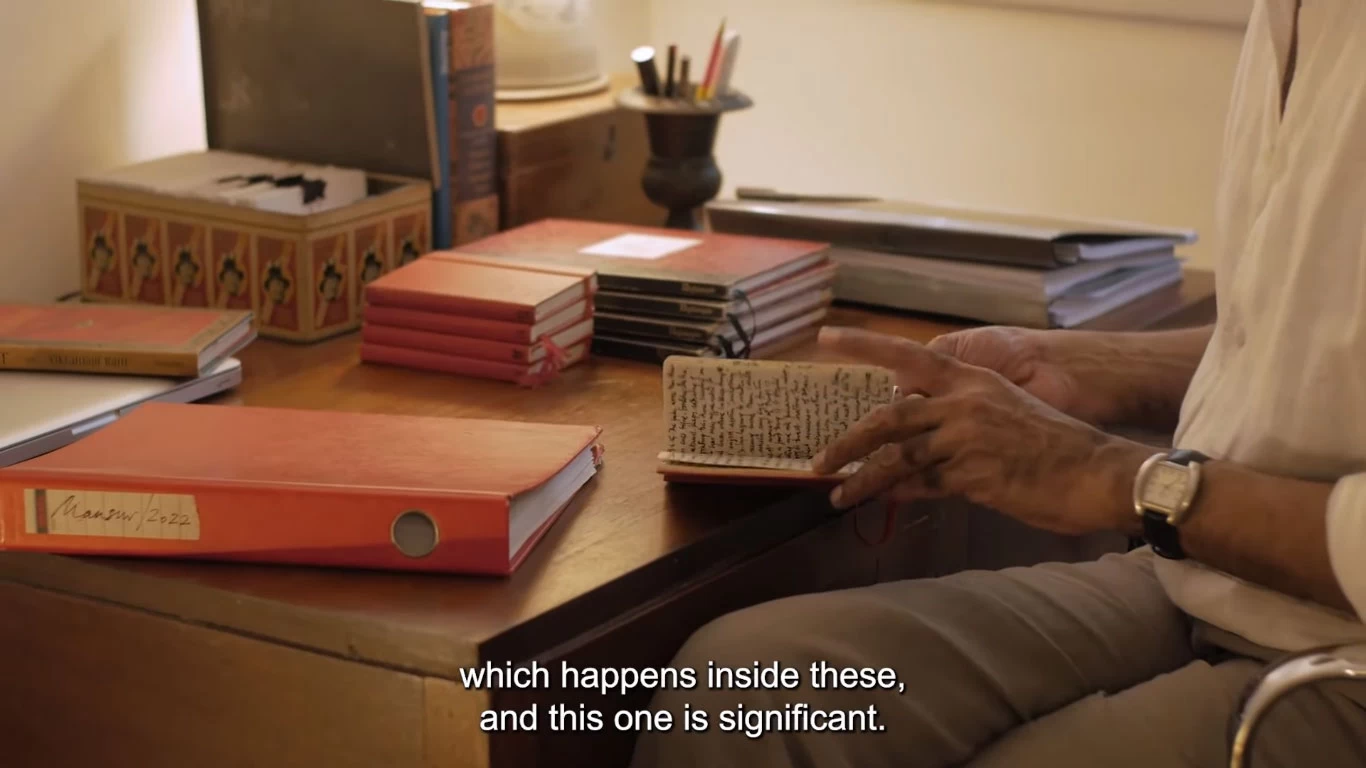







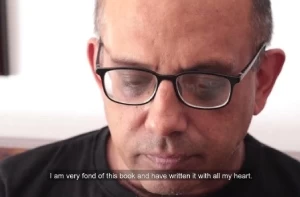

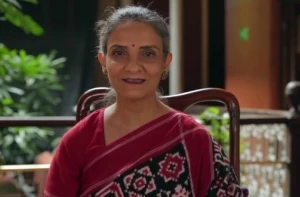
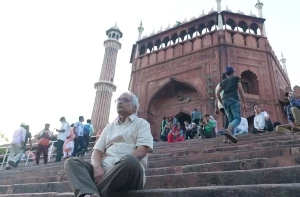


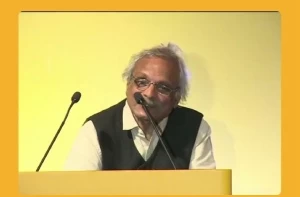

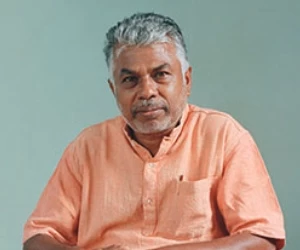
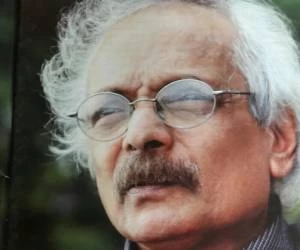
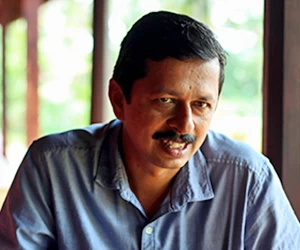

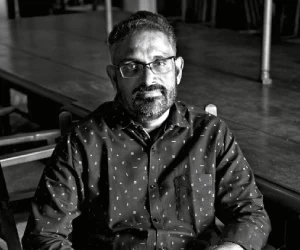
JURY COMMENTS
Imaan is a completely novel iteration of the humanist tradition of Bengali literature. It presents a vivid portrait of people from the periphery but is neither voyeuristic nor patronising. Each character has agency no matter how circumscribed their life may be. A raw, deeply authentic and honest story which is also well-paced, poignant and eloquent.